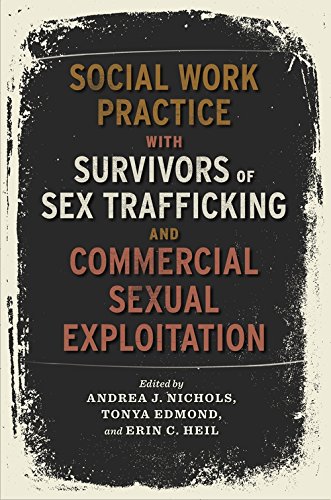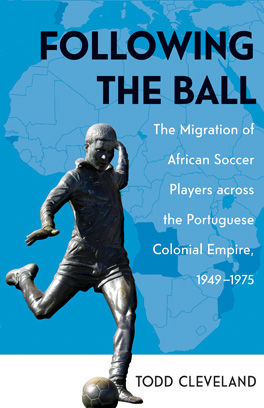African and African American Studies
Dr. Najja K. Baptist, Program Director
230 Memorial Hall
University of Arkansas
Fayetteville, AR 72701
P 479-575-2872
F 479-575-2972
E-mail: nbaptist@uark.edu
Recent Faculty Publications

PUBLISHED CHAPTER | FEBRUARY 2018
Dr. Valandra is the author of a chapter in the newly released book, "Social Work Practice with Survivors of Sex Trafficking and Commercial Sexual Exploitation." Dr. Valandra's chapter is titled, "Afrocentric Intergenerational Assessment and Recovery from Sex Trafficking and Commercial Sexual Exploitation."
Social Work Practice with Survivors of Sex Trafficking and Commercial Sexual Exploitation
 Buy it on Amazon
Buy it on Amazon
ABSTRACT: Sex trafficking and commercial sexual exploitation is recognized as a form of violence involving the disproportionate over representation of African American adults and children living in poverty-stricken urban areas in the United States. In this chapter, the Afrocentric intergenerational perspective, a strength-based, oppression-sensitive framework,is utilized to examine the historical, structural, and individual dynamics that influence the lives of African American victim/survivors. The core assumptions and values of the framework are outlined as an assessment tool for social workers in addressing trauma-specific risks and protective sources experienced by African American families at risk for involvement in the sex trafficking industry and promoting culturally responsive practice and policy at all levels of intervention and prevention. Recommendations for social work practice, policy, and social change affecting the lives of at-risk African American families are included.

PUBLISHED BOOK | OCTOBER 2017
Todd Cleveland is the author of the book, "Following the Ball: The Migration of African Soccer Players across the Portuguese Colonial Empire, 1949-1975."
Following the Ball: The Migration of African Soccer Players across the Portuguese Colonial Empire, 1949-1975
 Buy the Book
Buy the Book
With Following the Ball, Todd Cleveland incorporates labor, sport, diasporic, and imperial history to examine the extraordinary experiences of African football players from Portugal’s African colonies as they relocated to the metropole from 1949 until the conclusion of the colonial era in 1975. The backdrop was Portugal’s increasingly embattled Estado Novo regime, and its attendant use of the players as propaganda to communicate the supposed unity of the metropole and the colonies.
